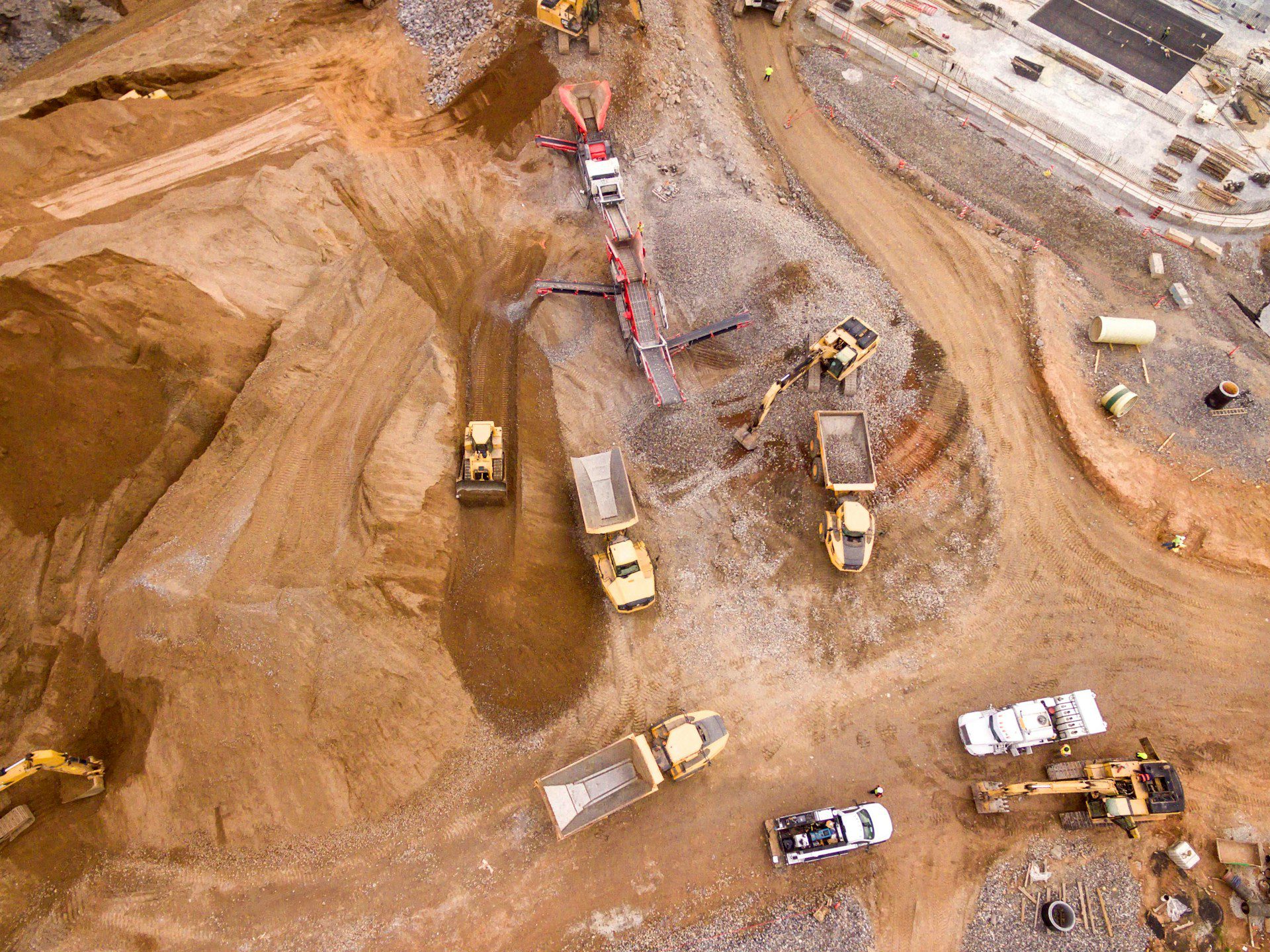
Sign up for our news digest
I agree to receive email updates from Human Trafficking Search. I may unsubscribe at any time.
Cobalt Red: a regressive, deeply flawed account of Congo’s mining industry

I agree to receive email updates from Human Trafficking Search. I may unsubscribe at any time.

Author: Sarah Katz-Lavigne and Espérant Mwishamali Lukobo for Open Democracy
Year Published: 2023
Link to Resource: Read More
An open pit cobalt mine in the DRC | Sebastian Meyer/Getty Images. All rights reserved
Billed as an exposé, Cobalt Red simply rehashes old stereotypes and colonial perceptions of the DRC
Cobalt Red: how the blood of the Congo powers our lives, by Siddharth Kara, has been making waves. Released in April and tailored for a non-specialist audience, it has quickly become a New York Times and Publishers Weekly bestseller, as well as a bestseller in Amazon’s African Politics category.
The book centres on the mineral cobalt, currently sought after the world over for the production of high-end batteries. More than 70% of the world’s supply originates from the Democratic Republic of Congo (DRC). Kara’s project, he says, is to expose the trade’s dirty secrets for all of us to see.
Unfortunately, in doing so Kara has engaged in many unsavoury practices of his own. This book can teach us at least as much about how to not write a critical book on ‘modern-day slavery’ in Africa as it can about the artisanal mining industry. Its indulgent use of dehumanising rhetoric, lack of research ethics, and ignorance and/or erasure of local knowledge undermines Kara’s purported mission at every turn.
Cobalt Red is not a ground-breaking exposé, as it has been billed. It is the latest in a long series of White saviour adventure books that the DRC could sorely do without.